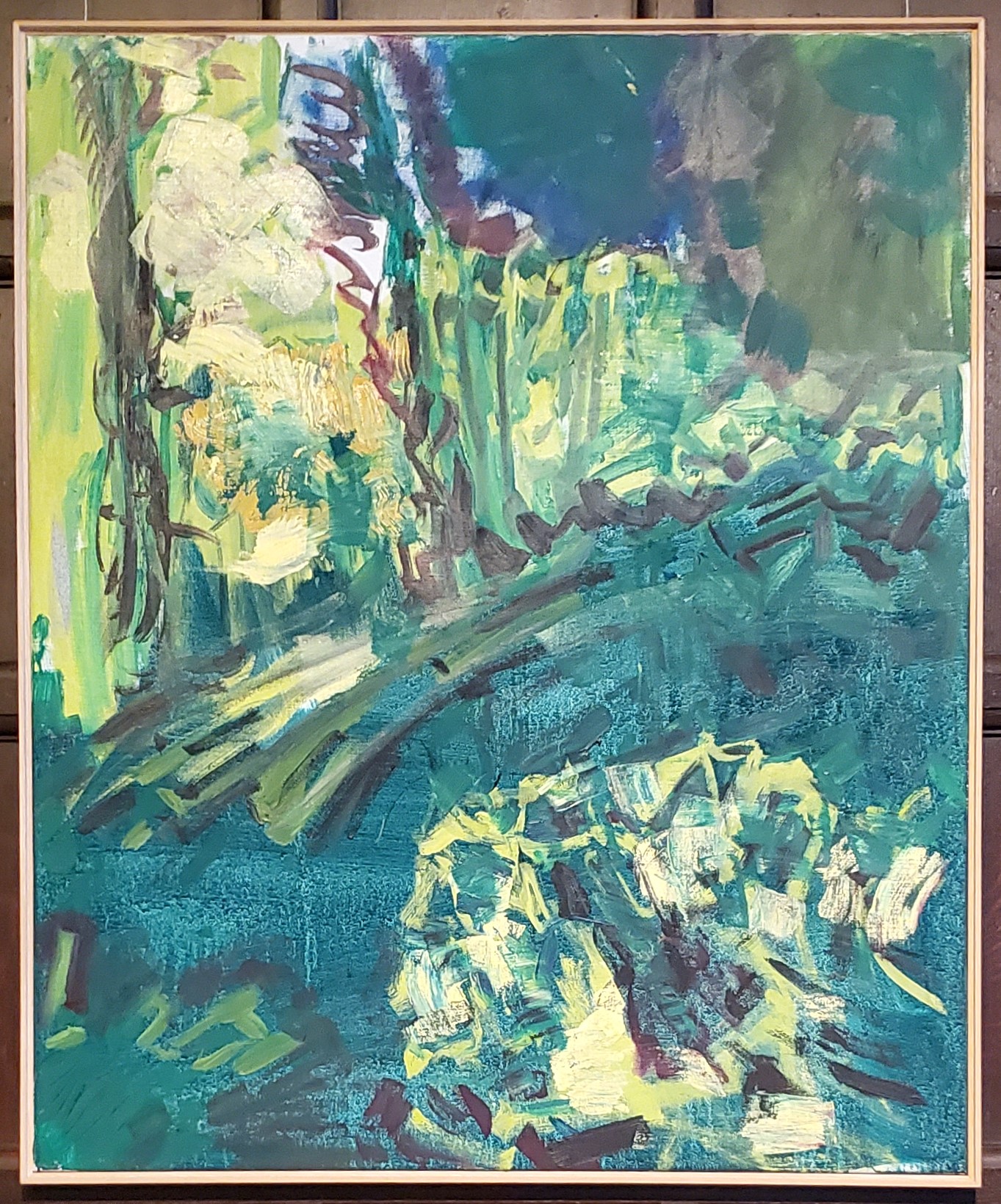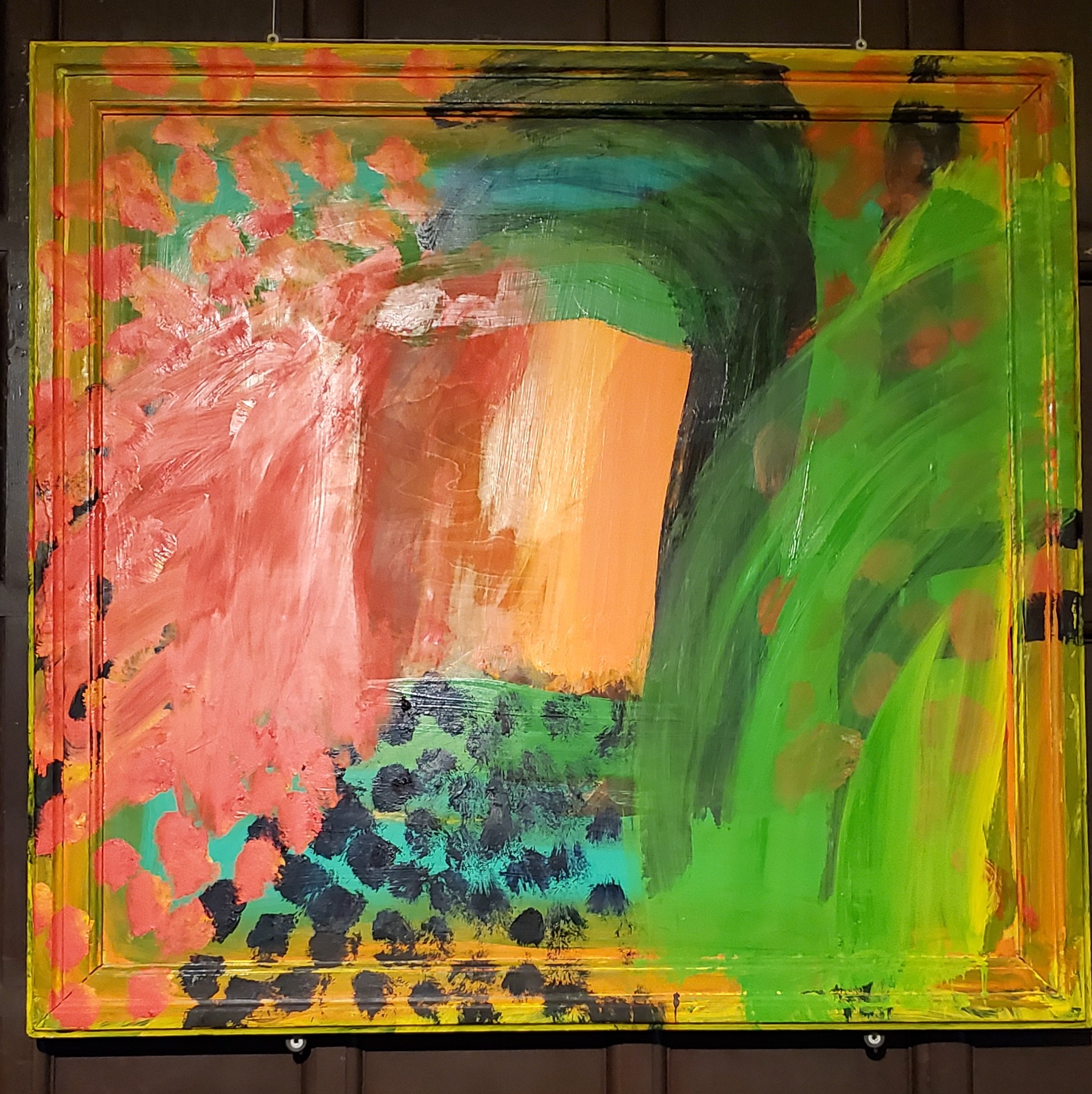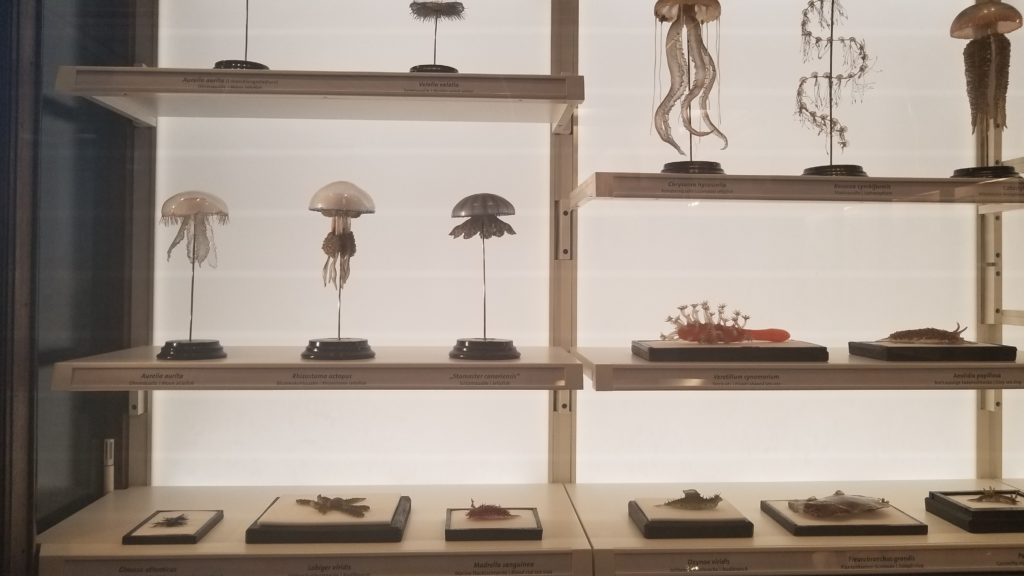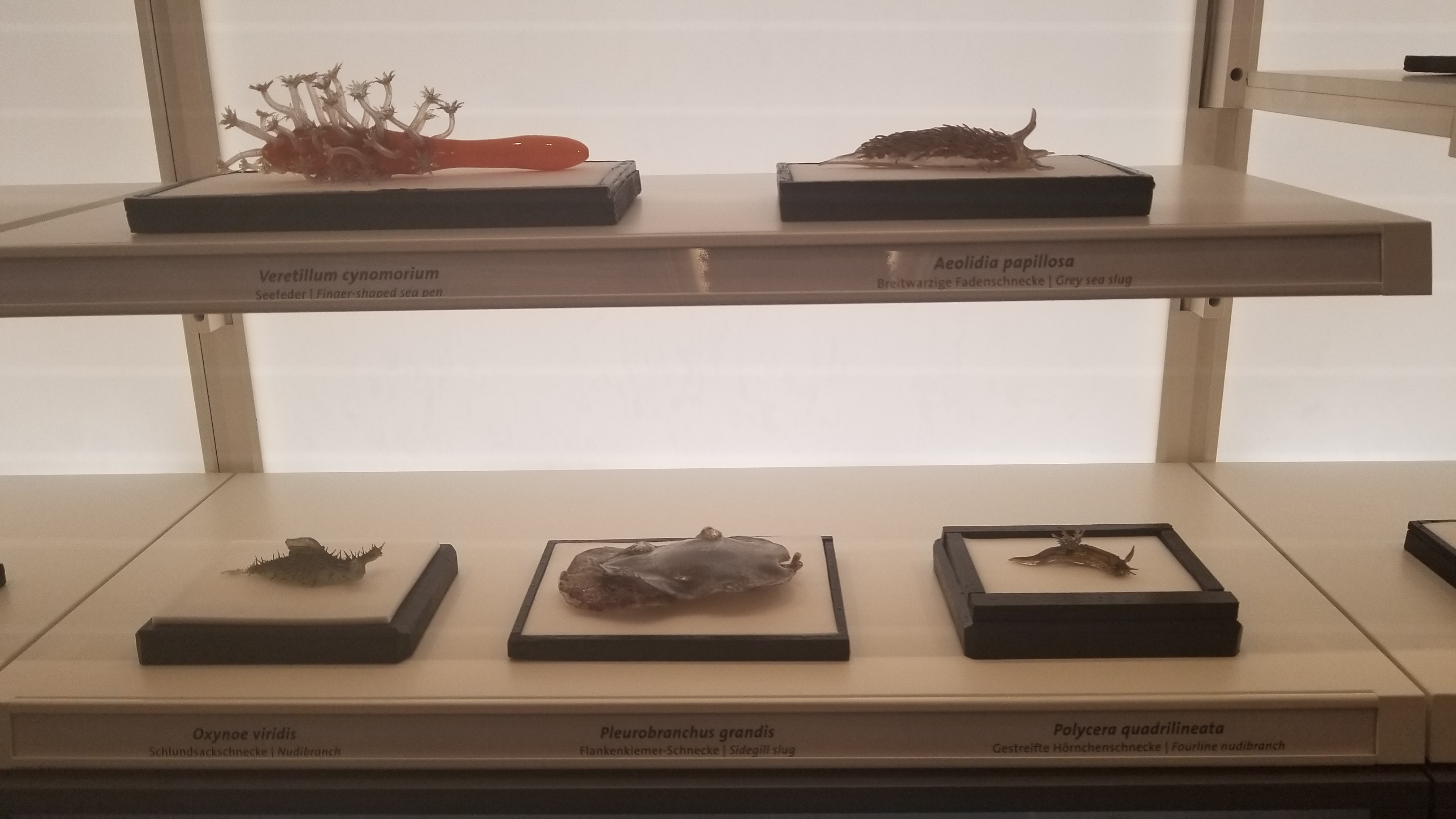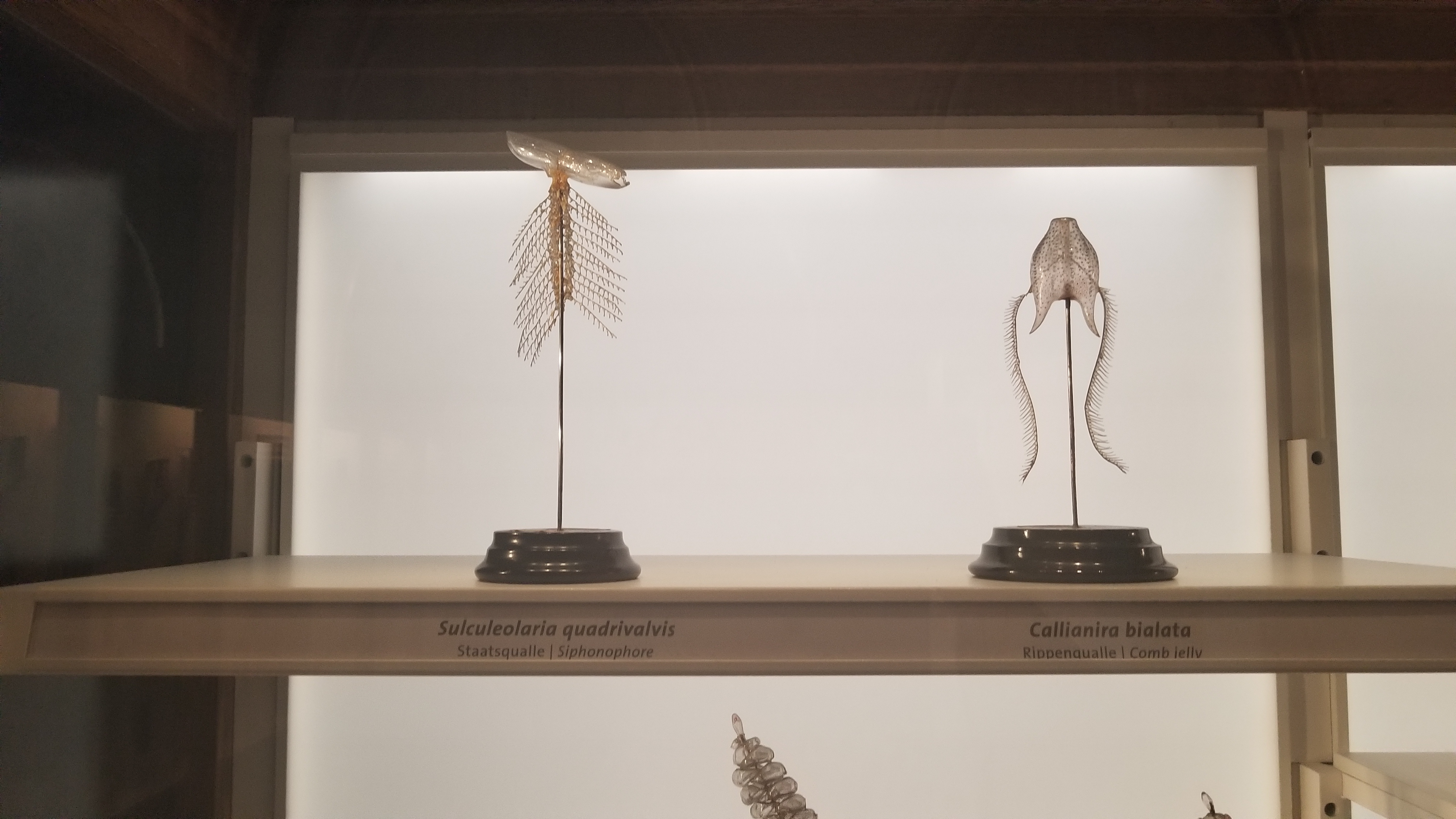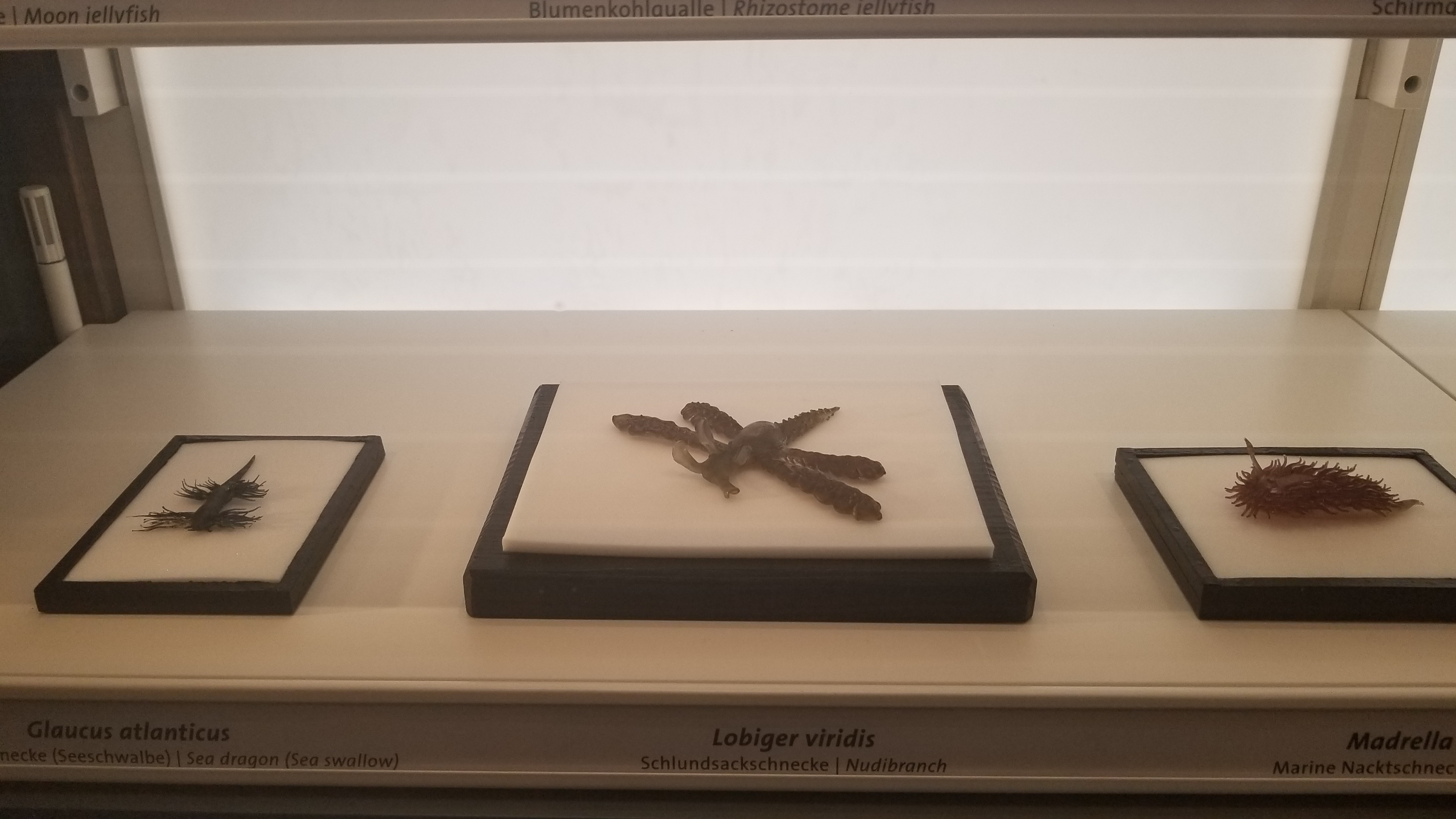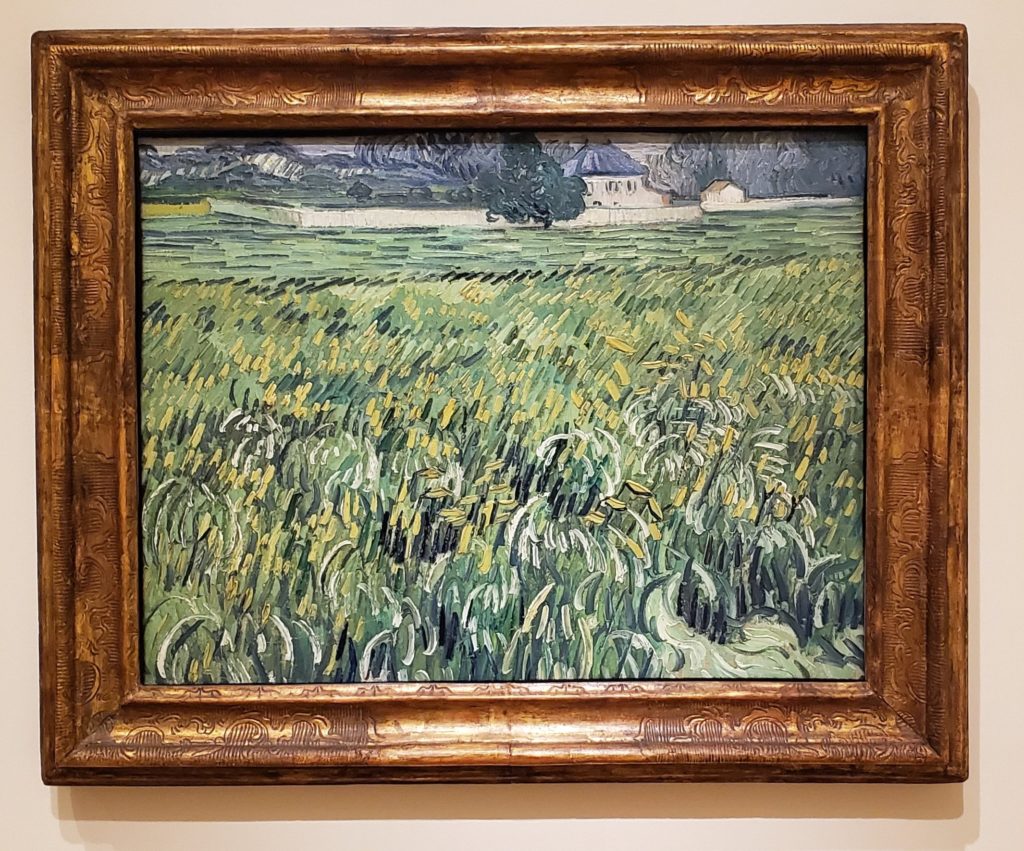
A few weeks ago, I visited the Phillips Collection in DC. It is the first modern art museum in the US. I was absolutely taken aback, even considering that they were in the process of installing new exhibitions (which I am over the moon to see). I checked this place out for a few reasons but its biggest draw was its proximity to my hotel. I was in DC for work so I had limited free time. I am also a huge fan of smaller art museums, one of my all-time favorite museums is the Berggruen Museum in Berlin. I also love modern/contemporary art, I definitely lean more towards sculpture but I’m down for some good 2D art. While there were many beautiful paintings, my favorites were the Wolfgang Laib’s Wax Room, Per Kirkbey’s untitled works, and Van Gogh’s House at Auvers; to be fair I’m a sucker for Van Gogh so if his work is present then I’m definitely going to include it.
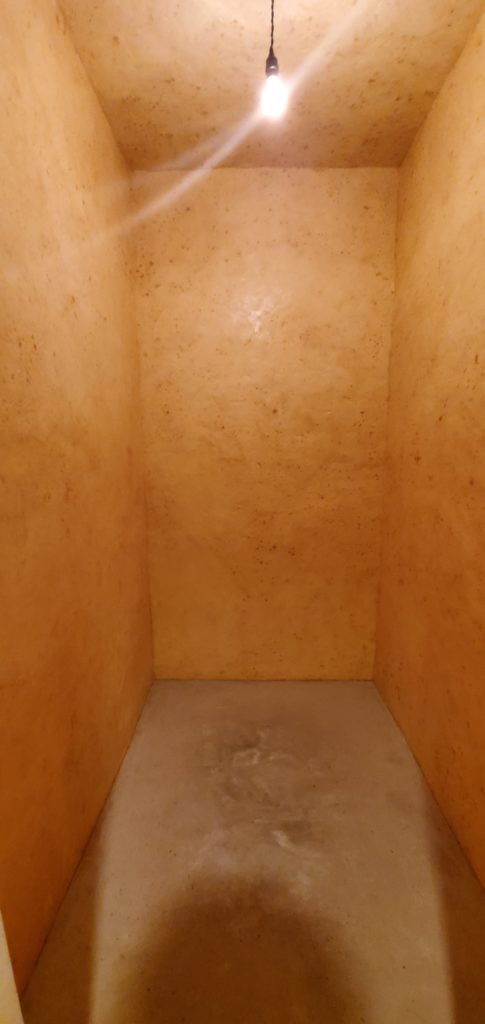
For brevity, I’m only going to discuss one of these works—Wolfgang Laib’s Wax Room. As far as immersive and thought-provoking built artistic environments go this is tied with/second to Alejandro González Iñárritu’s Carne y arena VR experience. There is nothing quite like the Wax Room. It’s about a 5ft by 3ft by 9ft room covered in beeswax and illuminated with a single lightbulb. It smells warm and slightly sweet but also very waxy. The walls are kind of sticky but it feels extremely cozy. The way that sound moves about the room is also pretty interesting as noise and sound immediately stop. There was no echo or reverberation. I couldn’t help but imagine the amount of work and energy the bees who produced this wax had to expend to create it. It is also worth thinking about the amount of work people had to expend to harvest and process the wax into something usable. It would be unfair for me to also not mention that this room reminded me of time in Colombia, my childhood, and my design work which has focused on bees and sustainability in the past.
